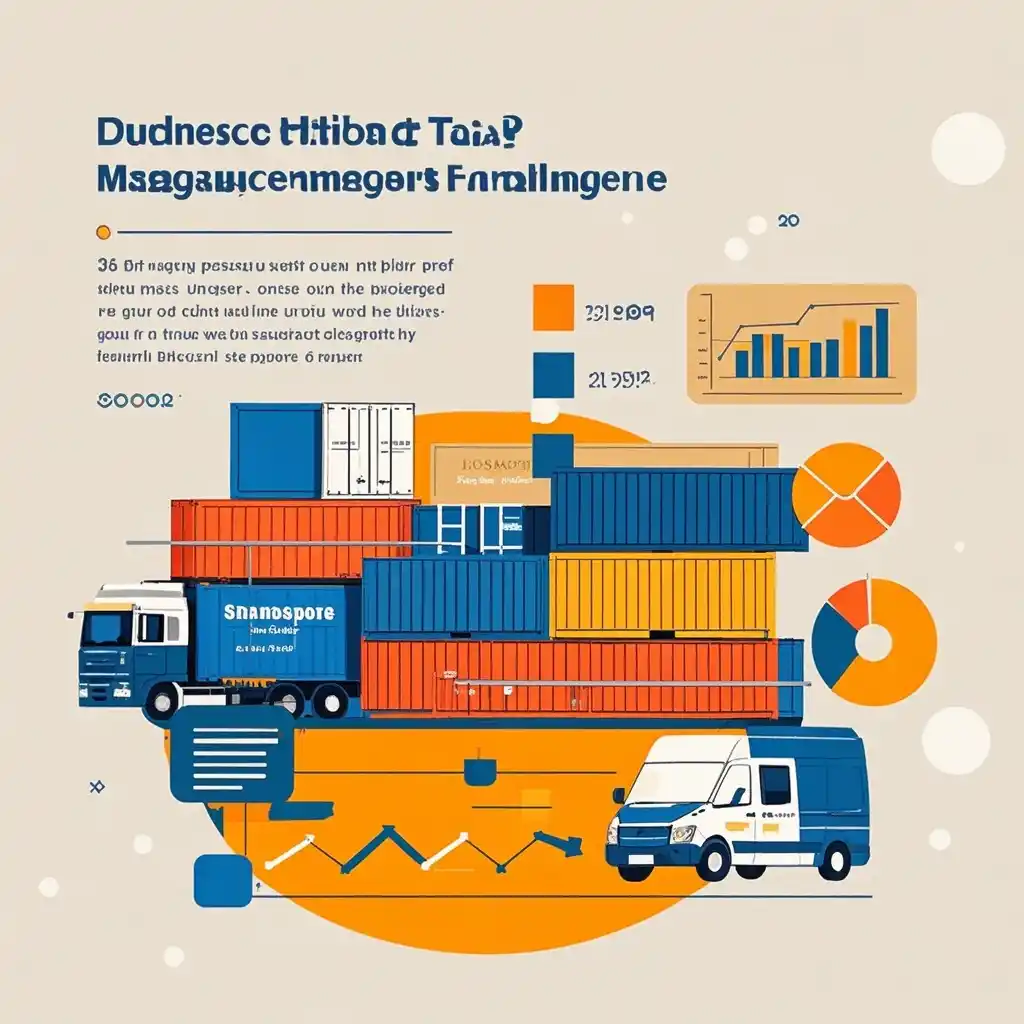

Cross - border E - commerce Logistics Providers: Your Guide to Helping E - commerce Cope with Tariffs
1. Background In the world of cross - border e - commerce, tariffs have become a significant factor that can greatly impact the success of businesses. With the increasing globalization of trade, countries have different tariff policies to protect their domestic industries, regulate imports and exports, and manage trade balances. For e - commerce companies, these tariffs can add unexpected costs, complicate pricing strategies, and potentially reduce profit margins. In this complex environment, cross - border e - commerce logistics providers play a crucial role. For example, a small - scale e - commerce business in the United States that wants to sell handmade jewelry to customers in the European Union. They have found a niche market with high demand for their unique products. However, they were not fully aware of the EU's import tariffs on jewelry made from certain materials. When they started receiving large orders, they were shocked to find out that the tariffs added a substantial amount to their costs, making their products less competitive in the EU market.
2. The Role of Logistics Providers in Tariff Management Logistics providers are in a unique position to assist e - commerce companies in dealing with tariffs. Firstly, they have in - depth knowledge of customs regulations in different countries. They know which products are subject to which tariffs, and how to classify goods correctly. This is vital because misclassification can lead to incorrect tariff calculations, which may result in penalties for the e - commerce company. Secondly, logistics providers can offer advice on optimal shipping routes. For instance, some trade agreements between countries or regions may offer preferential tariff rates for goods shipped through specific ports or using particular transportation modes. A logistics provider can analyze these options and recommend the most cost - effective route that also takes into account tariff implications. Thirdly, they can handle customs clearance processes efficiently. By having experienced staff who are familiar with the paperwork and procedures, they can ensure that goods clear customs smoothly and quickly, minimizing any potential demurrage charges or delays due to tariff - related issues.
3. Strategies for Logistics Providers to Support E - commerce in Tariff Coping 3.1 Tariff Monitoring and Notification Logistics providers should constantly monitor changes in tariff policies around the world. They can set up a system to track updates from government agencies and international trade organizations. When there are significant changes in tariffs that may affect their e - commerce clients, they should notify them immediately. For example, if a country decides to increase tariffs on a certain category of electronics products, the logistics provider should inform all e - commerce clients selling such products about the change, along with an estimate of how it will impact their costs. 3.2 Tariff Optimization in Shipping As mentioned earlier, choosing the right shipping route can optimize tariffs. Logistics providers can work with shipping carriers to negotiate better rates for routes that offer preferential tariffs. For example, a logistics provider may partner with a shipping line that has a strong presence in a free - trade zone. By routing goods through this zone, e - commerce products may be eligible for reduced or zero tariffs, depending on the nature of the goods and the specific regulations of the free - trade zone. 3.3 Product Classification Assistance Logistics providers can offer assistance in classifying products correctly for customs purposes. They can use their expertise and databases to ensure that e - commerce products are classified under the appropriate tariff codes. For instance, a new type of smart home device may have features that could place it in different tariff categories. The logistics provider can analyze the product's functions, components, and intended use to determine the most accurate classification, thereby avoiding over - or under - payment of tariffs.
4. Summary In conclusion, cross - border e - commerce logistics providers are essential partners for e - commerce companies in coping with tariffs. Given the complex and ever - changing nature of tariff policies around the world, logistics providers' knowledge, experience, and strategies can make a significant difference in helping e - commerce businesses manage costs, maintain competitiveness, and ensure smooth international trade operations. By actively fulfilling their roles in tariff monitoring, optimization, and product classification assistance, logistics providers can contribute to the growth and success of the e - commerce industry in the cross - border arena.